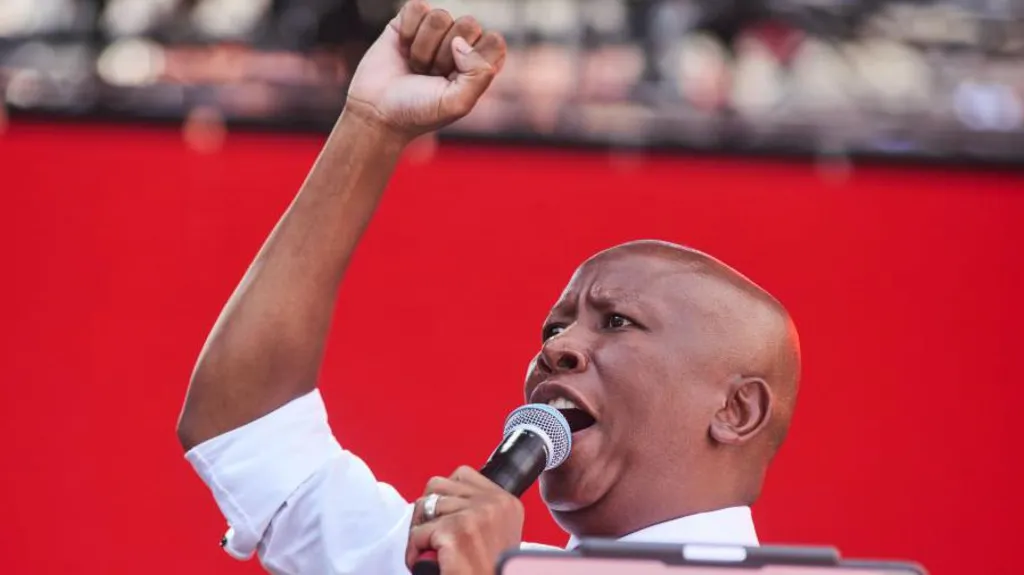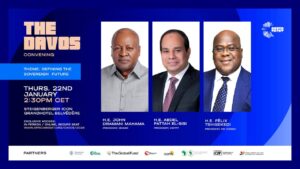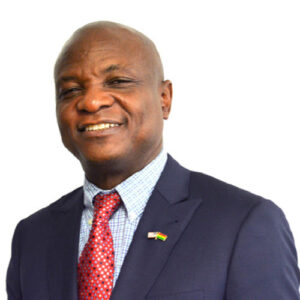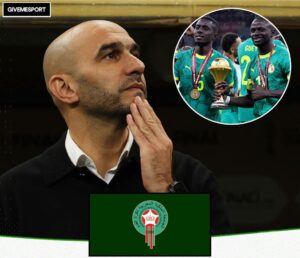The leader of South Africa’s Economic Freedom Fighters (EFF), Julius Malema, has been convicted of illegally possessing a firearm and firing it in public, offences that carry a minimum sentence of 15 years imprisonment under the country’s Firearms Control Act.
The charges stem from a 2018 incident in which Malema was captured on video discharging between 14 and 15 live rounds from a semi-automatic rifle during his party’s fifth anniversary rally in the Eastern Cape. The event was attended by over 20,000 supporters. His former bodyguard, Adriaan Snyman, who was tried alongside him, was acquitted.
Magistrate Twanet Olivier of the East London Regional Court took three days to deliver judgment, ultimately declaring Malema “guilty as charged” on five counts, including unlawful possession of a firearm and ammunition, reckless endangerment, and discharging a firearm in a public space. The case has been adjourned to January 2026 for pre-sentencing.
Despite the conviction, Malema appeared defiant. Addressing his supporters outside the court, he described prison or death as a “badge of honour” in pursuit of the revolution, vowing to appeal the ruling up to South Africa’s Constitutional Court.
The conviction follows sustained legal challenges from AfriForum, a civil rights group that has clashed repeatedly with Malema and the EFF. The group initiated proceedings after the 2018 video went viral. AfriForum also lodged a separate complaint that led to Malema’s conviction for hate speech in August this year, after he was found guilty of inciting violence with remarks targeting South Africa’s white minority.
Malema’s political career now faces serious uncertainty. Under South African law, any individual sentenced to more than 12 months in prison without the option of a fine is barred from serving as a Member of Parliament, though disqualification only applies once all appeals are exhausted.
Legal experts say Malema could serve jail time if he fails to convince the court to waive the mandatory minimum sentence. The development has reignited debate over his controversial brand of politics, marked by fiery rhetoric on land redistribution and racial justice that continues to polarize South Africa more than three decades after the end of apartheid.
Source: BBC






